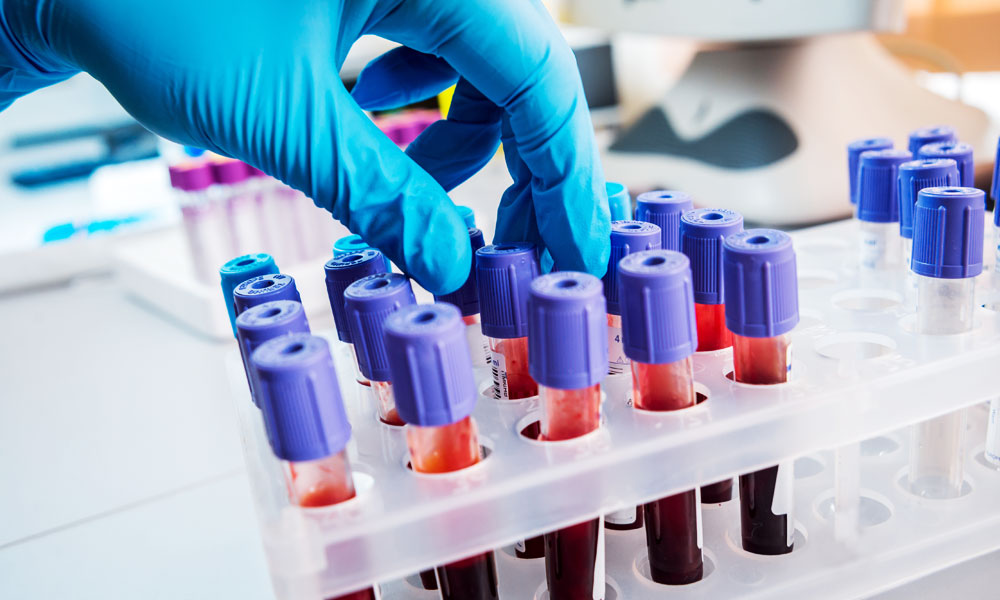Online transactions are one of the most fundamental ways people’s interactions with one another have changed over the past few years. At one point in time, ordering a blood test could take significantly longer, often taking several weeks. With technology, automation and the implementation of ordering systems, more power is back in the hands of the primary care physicians, and ultimately back in the hands of the patients themselves.
Said convenience, however, allows for more chances of technology slipping up and backfiring on those relying on it. Medicare regulations mean that certain practices must be followed and procedures or testing must be seen as medically necessary to the individual if a patient wants Medicare to cover the costs. Due to Aculabs serving a largely geriatric population, most of its work is done within the Medicare regulatory framework.
If the proper regulatory processes are not followed, there could be hazardous delays that not only negatively impact a lab trying to collect reimbursement from Medicare for services done, but also fallout can occur for the geriatric population who can see testing days pushed back or Medicare can flat-out refuse to pay for a specific test now that proper routine was not followed.
As well, being aware of specific regulatory practices means being aware of what Medicare can and cannot cover in terms of clinical lab testing; being aware of these regulatory limitations can actually allow one the necessary time if they need to save up money to cover up any testing Medicare doesn’t deem medically necessary.
Medicare restrictions regarding laboratory testing:
• Glycohemoglobin (may be ordered once every 90 days)
• Ferritin (may be ordered once every 60 days)
• Lipid Profile (may be ordered annually but more frequently with the appropriate diagnosis such as hypercholesterolemia, hyperlipidemia, ETC).
Medicare coverage requires the following regulations in regards to thyroid testing:
• TSH, Thyroxin (T4 Total) and T3 Uptake
• TSH and Free T4
• Any thyroid test ordered single-handedly
Medicare will only consider C. Reactive Protein High Sensitivty to be medically necessary if one of the following diagnoses apply:
• E78.00 Pure hypercholesterolemia, unspecified
• E78.01 Familial hypercholesterolemia
• E78.1 Pure hyperglyceridemia
• E78.2 Mixed hyperlipidemia
• E78.3 Hyperchylomicronemia
• E78.4 Other hyperlipidemia
• I25.10 Atherosclerotic heart disease of native coronary artery without angina pectoris
• Z74.09* Other reduced mobility
• Z78.9* Other specified health status
Medicare will only deem Vitamin D testing (CPT Code 82306) as medically necessary once patient is found to be deficient in Vitamin D. Even then, furthering testing will only be deemed medically necessary as a means to ensure adequate replacement is accomplished.
Failure to follow such guidelines and attempts to order routine medical examinations will result in denial by Medicare for some or all of the testing. Many of these tests are “Limited Coverage Tests” under Medicare and can only be covered with specified diagnoses approved by Medicare.
In the case of payment denial by Medicare due to overutilization, Aculabs will bill the facility in question unless an Advance Beneficiary Notice (ABN) is signed by the patient. A copy of the ABN document may be found on the reverse side of each Aculabs’ test requisition.


Leave A Comment
You must be logged in to post a comment.